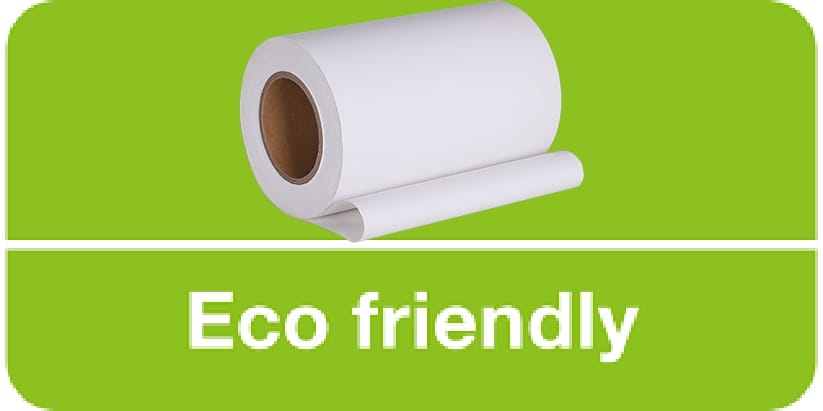In today’s world, where environmental concerns are at the forefront of public consciousness, businesses are increasingly seeking ways to reduce their environmental footprint. One area where sustainability can be achieved is in label materials used for product packaging. Sustainable label materials not only contribute to environmental conservation but also align with the values of environmentally conscious consumers. In this article, we will explore the significance of sustainable label materials and highlight some of the most promising options available to businesses.

Importance of Sustainable Label Materials
Sustainable label materials play a crucial role in promoting environmentally friendly practices across various industries. Traditional label materials, such as plastic and non-recycled paper, often contribute to pollution and resource depletion. In contrast, sustainable label materials are sourced from renewable resources, require fewer chemicals in their production, and are designed to minimize environmental impact throughout their lifecycle. By adopting sustainable label materials, businesses can demonstrate their commitment to environmental stewardship and attract eco-conscious consumers.
Types of Sustainable Label Materials
- Recycled Paper: Recycled paper is a popular choice for sustainable labels due to its minimal environmental impact. Made from post-consumer waste or pre-consumer waste from industrial processes, recycled paper reduces the demand for virgin pulp and helps divert waste from landfills. Additionally, many recycled paper options are available with eco-friendly adhesives and inks, further enhancing their sustainability credentials.
- Biodegradable Materials: Biodegradable label materials, such as compostable paper and bio-based plastics, offer an eco-friendly alternative to traditional synthetic materials. These materials break down naturally into non-toxic components, reducing pollution and soil contamination. Compostable labels, in particular, can be disposed of in composting facilities, where they decompose into nutrient-rich soil amendments, closing the loop in the circular economy.
- Plant-based Films: Plant-based films, derived from renewable sources such as cornstarch, sugarcane, or cellulose, are gaining popularity as sustainable label materials. These bioplastics exhibit similar performance characteristics to conventional petroleum-based plastics but have a significantly lower carbon footprint. Plant-based films are fully recyclable and contribute to the reduction of greenhouse gas emissions compared to fossil fuel-derived plastics.
- FSC-Certified Wood: Labels made from wood sourced from responsibly managed forests certified by the Forest Stewardship Council (FSC) are another sustainable option. FSC-certified wood ensures that forests are managed in an environmentally responsible, socially beneficial, and economically viable manner. Labels made from FSC-certified wood contribute to forest conservation efforts and promote sustainable forestry practices.